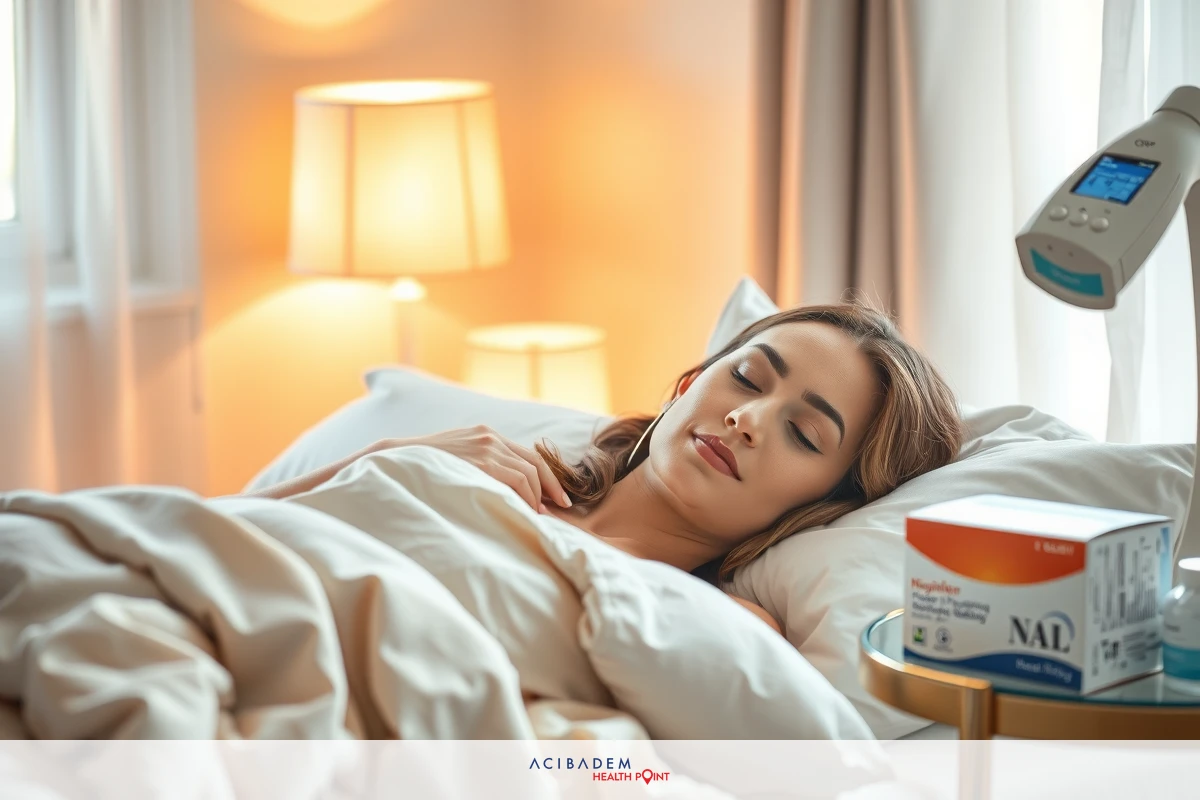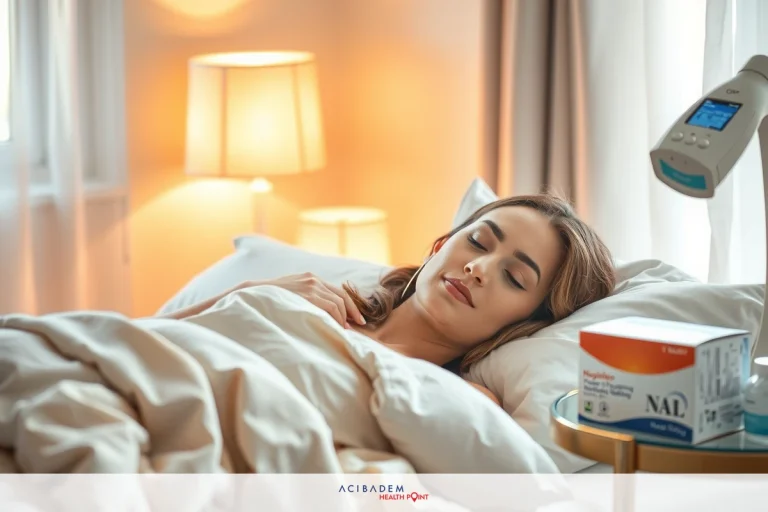How to Stop Continous Runny Nose After Rhinoplasty
How to Stop Continous Runny Nose After Rhinoplasty Rhinoplasty,often results in a continuous runny nose during the recovery period. This post-operative symptom can be quite bothersome for many patients. Yet fear not! There are several strategies that one can adopt to manage this condition effectively.
Nasal irrigation techniques play an essential role in clearing congestion and reducing persistent nasal discharge after surgery. From saline rinses to neti pots, diverse methods exist which you might find helpful. Humidification is another effective approach towards soothing your nasal passages and mitigating excessive nasal discharge.
Over-the-counter and prescription medications also deserve mention when discussing ways to control a persistent runny nose following rhinoplasty surgery. Options range from antihistamines and decongestants to specific types of nasal sprays intended for post-operative care.
Nasal Irrigation Techniques
Nasal irrigation, a cornerstone of post-rhinoplasty care, can alleviate the issue of a continuous runny nose. This technique primarily involves cleaning the nasal passages with saline solution – an effective yet gentle remedy for congestion. The saline rinse not only aids in flushing out excess mucus but also soothes irritated tissues within the nostrils.
Neti pots are frequently recommended tools for nasal irrigation after rhinoplasty. These specially designed vessels make it easy to pour saline solution into one nostril and let it flow through your nasal cavity before exiting from the other nostril. By using gravity and head position, neti pots enable thorough cleansing of your nasal passages which is essential during recovery.
Remember that proper usage and hygiene are crucial when employing any form of nasal irrigation techniques – especially when dealing with sensitive post-operative conditions like those following rhinoplasty surgery. Always ensure that you use distilled or previously boiled water to prepare your saline rinse, as tap water may contain bacteria or parasites harmful to healing tissues. Always clean your neti pot thoroughly after each use to prevent infection.
Incorporating these simple yet effective techniques into their daily routine allows many patients undergoing treatment for a persistent runny nose after rhinoplasty surgery find relief sooner rather than later.
Humidification Methods
Following rhinoplasty, an important step towards recovery is rehydrating and soothing your nasal passages. This can be achieved through various humidification methods that help minimize excessive nasal discharge and provide relief from a persistent runny nose.
The first method to consider is using a humidifier in your living or sleeping space. These devices release moisture into the air, creating a more humidity-rich environment conducive to healing post-operative nasal tissues. A significant benefit of using a humidifier is its ability to reduce dryness inside the nostrils – one of the leading causes behind persistent runny noses after rhinoplasty.

Another effective way to increase humidity and soothe nasal passages involves steam inhalation. There are several ways you can do this:
- Shower Steam: Simply taking hot showers can fill your bathroom with beneficial steam.
- Bowl Method: Pour boiling water into a bowl or basin, lean over it (not too close), cover your head with a towel forming sort of tent around you and inhale deeply for 10-15 minutes.
- Steam Inhalers: These are specially designed devices that generate steam for inhalation purposes.
Keeping yourself hydrated by drinking plenty of fluids also contributes significantly towards maintaining adequate moisture levels within your body including the nasal passages.
Employing these simple yet effective humidification methods not only aids in speeding up recovery but also provides much-needed relief from continuous runny nose following rhinoplasty surgery.
Medication Options
In the journey towards recovery from rhinoplasty, medication can play a pivotal role in controlling persistent symptoms like a runny nose. While non-pharmacological methods such as nasal irrigation and humidification are important, they may not always be sufficient on their own. This is where over-the-counter (OTC) and prescription medications come into the picture.
The first line of treatment usually involves OTC antihistamines. These drugs work by blocking histamine – a chemical that your body produces during an allergic reaction – thereby reducing symptoms like sneezing, itching, watery eyes, and runny nose. It’s crucial to note that while these medicines can provide relief from post-operative runny nose following rhinoplasty surgery; they should be used judiciously under medical supervision due to potential side effects such as drowsiness or dry mouth.
Decongestants represent another category of medicinal options available for managing continuous nasal discharge after undergoing rhinoplasty surgery. They work by narrowing blood vessels in the lining of your nostrils which reduces swelling and congestion but must be used sparingly to avoid rebound effect known as rhinitis medicamentosa – when nasal congestion returns or worsens upon stopping decongestants use.
Nasal sprays form yet another avenue for treatment. Saline-based nasal sprays aid in keeping your nostrils moist thus providing comfort whereas steroid-based ones reduce inflammation within the nostrils helping control excessive mucus production.
Please remember that it’s recommended you consult with healthcare professional before starting any new medication following surgical procedures like Rhinoplasty. As no two individuals are alike; what works best would vary based on unique individual circumstances including overall health condition, specific type & extent of surgical procedure undertaken etc., making personalized advice critical for optimal recovery & symptom management.
How to Stop Continous Runny Nose After Rhinoplasty
Frequently Asked Questions
Is a persistent runny nose normal after rhinoplasty?
It is not uncommon to experience a continuous runny nose following rhinoplasty surgery. This can be due to various factors including your body's natural healing process or changes in the structure of your nasal passages post-surgery.
How long does it take for this symptom to subside on its own?
The timeline varies from person to person and depends on several factors such as the type and extent of the surgery, individual healing rate, and adherence to post-operative care guidelines. Generally, you can expect symptoms like a runny nose to improve within weeks but in some cases, it may persist longer.
Do all patients require medications for managing a persistent runny nose after rhinoplasty?
Not necessarily. Many people find relief with non- pharmacological methods such as nasal irrigation techniques or humidification methods alone. If these measures are not sufficient, over-the-counter or prescription medications may be recommended by healthcare professionals based on individual circumstances.
Can I use any over-the-counter medication available at my local pharmacy?
While there are many OTC medicines that might help control symptoms like a persistent runny nose following rhinoplasty; it is always advisable to consult with healthcare professional before starting any new medication regimen especially when recovering from surgical procedures.











